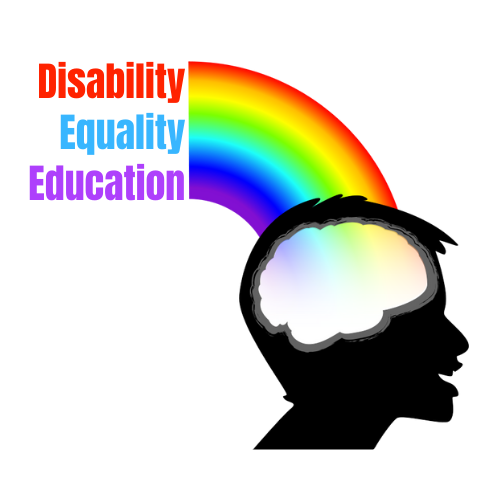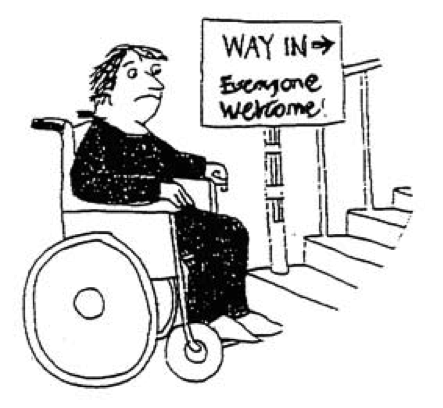
The Social Model of Disability
This links to our Social Model of Disability resources page which contains videos and examples of how to introduce and teach the Social Model of Disability.

Social Model and Accessibility Proposal
In this lesson students will survey their school environment, learn from a person(s) with a disability and research accessibility in schools. Students will have a chance to ask the speaker(s) questions and have a discussion with speaker(s) about the Social Model of Disability. They will use the information collected to design a brand-new school building with full accessibility for people with disabilities.
Image description: Illustration of a person seated in a wheelchair at the bottom of a set of stairs. There is a sign at the bottom of the stairs pointing to the stairs that says “WAY IN Everyone Welcome!”
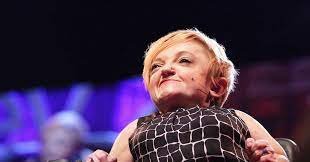
Stella Young TED Talk Lesson Plan
Students will watch Stella Young’s TED Talk where she breaks down society's habit of turning disabled people into ‘inspiration porn’” and process why disabled people are often thought to be inspirational for achieving very ordinary things. This inspiration is actually pity in disguise and they’ll discuss the implications for that idea. Students will reflect on their own perceptions of disability and how it aligns with the thoughts shared in the TED video
Image description: Photo looking up at Stella Young
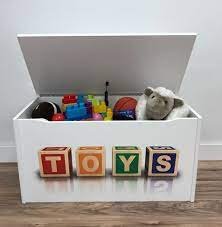
The Toy Box: Introducing Disability Lesson
In this lesson students will get to explore and examine toy and adult versions of accessibility devices. The idea is to introduce disability to students using tactile and observational learning. Students will learn that all these devices are for people with disabilities to live their lives, enjoy themselves and access the community. It is no different from the everyday tools we use throughout our lives.
Image description: a photograph or an open toy box with the word “TOYS” on the front

Thinking Critically about Disability - Social Media Lesson
When Stephen Hawking passed away, many artists processed the loss through art. Their art depicts disability from multiple perspectives. In this activity students will explore 2 contrasting images. Take note of the details and how the images depict Stephen Hawking and his physical disability. Both of the images are from Twitter and students may have already seen both of the images just scrolling through their phones. Students will explore elements of art, social studies and psychology in this lesson. The focus of the discussion is up to individual educators.
Image description: illustration of Stephen Hawking, seated in his motorized wheelchair, floating above the earth with other planets in the background

Winnie the Witch - Reading Guide and Lesson Plan that Addresses the Social Model of Disability
Students or teachers read or watch “Winnie the Witch” by Valerie Thomas and Korky Paul and consider how the story relates to the social model of disability. Students can apply what they learned about the social model, make connections, and identify events in the story where it was used.
Image Description: cover of the book "Winnie the Witch" which showed Winnie the Witch tripping over a black cat on the stairs.
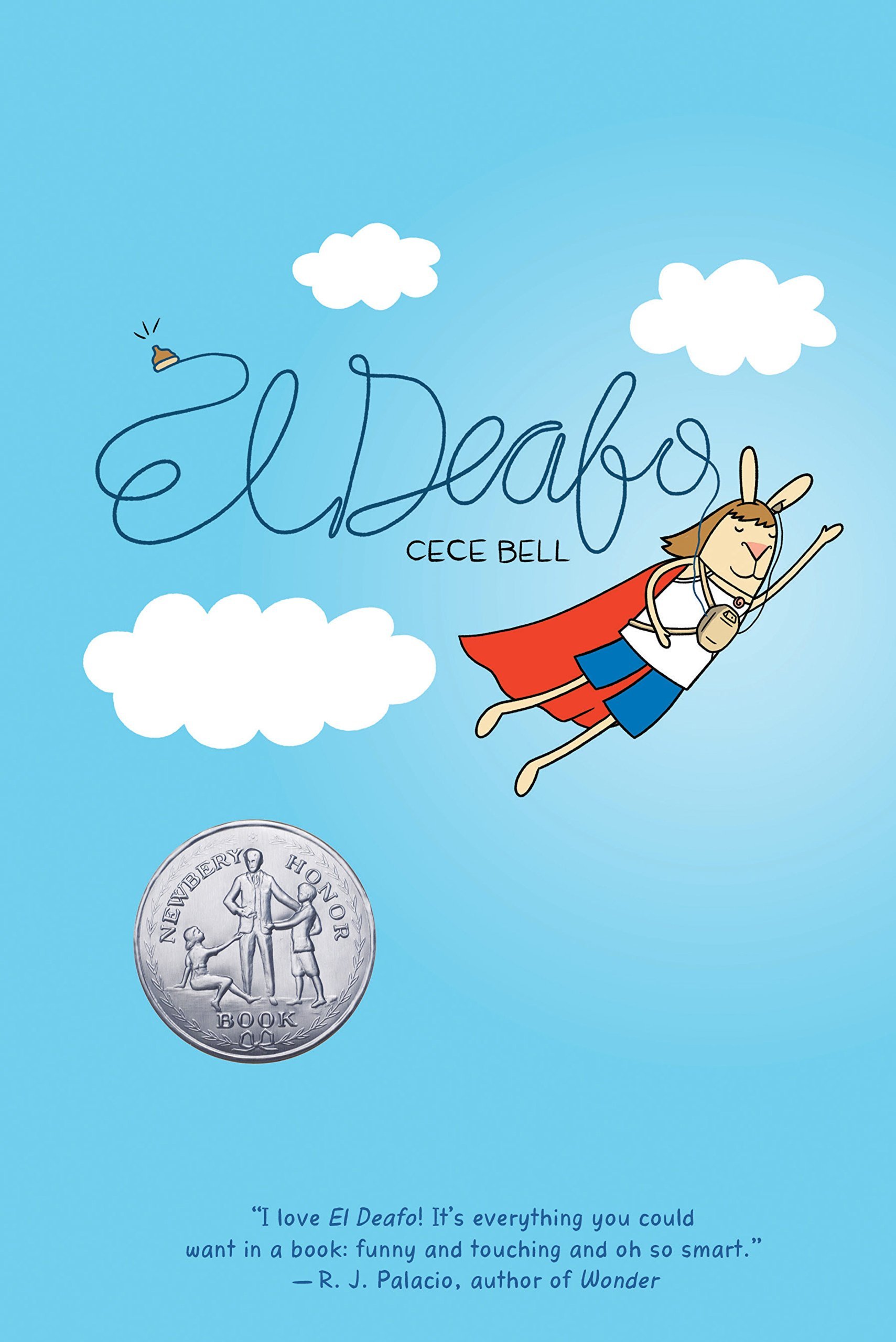
We are all Superheroes: A Theatrical Unit on “El Deafo”
This lesson is a unit of 9 classes. “El Deafo” is a graphic novel about a young girl, Cece, who becomes deaf in elementary school. The book highlights how she adjusts to her new life as she navigates her new hearing aids, communication, teachers and friendships. In each class students will read the parts of each character like they are reading for a play rehearsal. Encourage students to really embody their characters, gesturing, facial expressions and standing up (if possible). This lesson encourages students to feel empathy because each discussion highlights the feelings of characters. Each class is split up into a discussion and a reading.
Image description: Cover art for the book “El Deafo”
